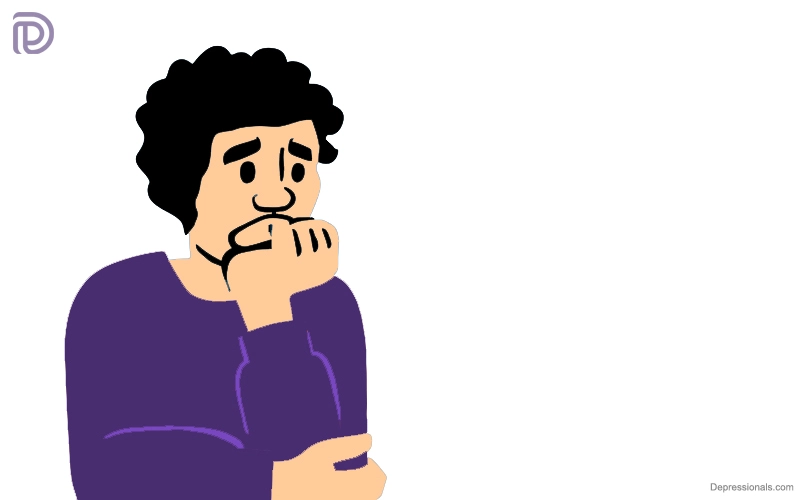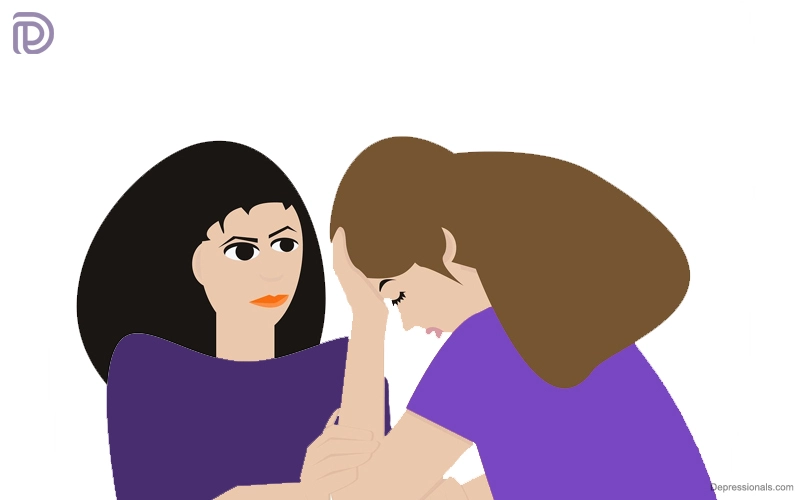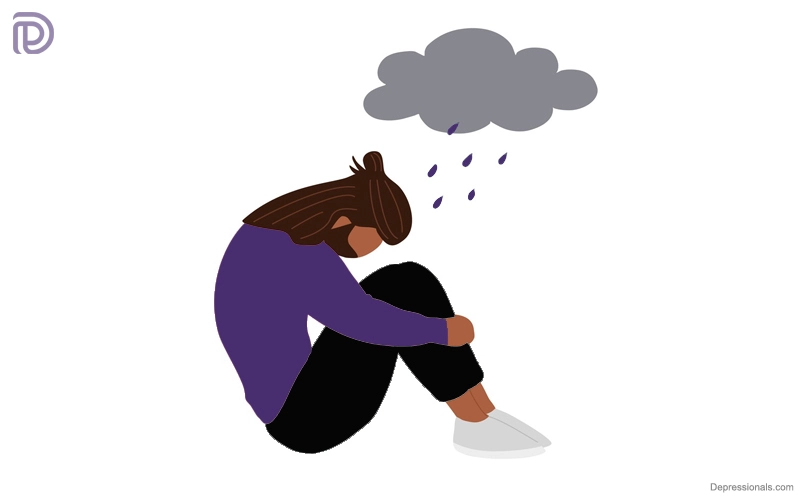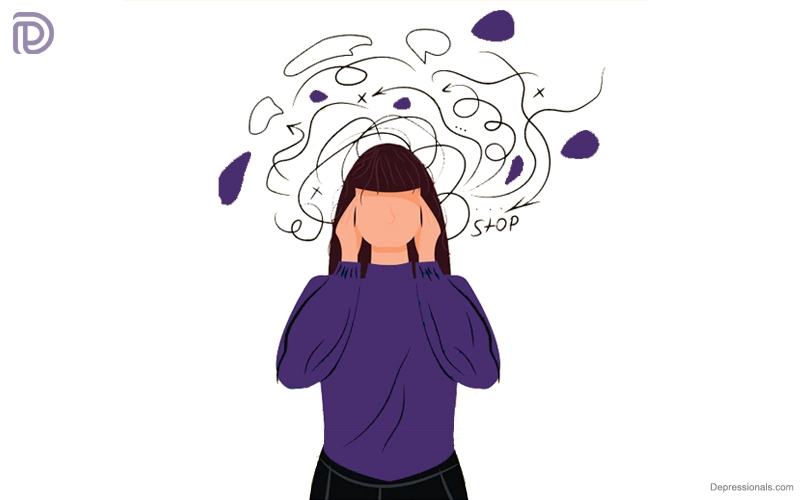What is illness anxiety disorder?
Illness anxiety disorder (IAD), previously known as hypochondriasis, is a psychological disorder characterized by an overwhelming worry of developing a severe medical condition despite the absence of symptoms. People with IAD often see specialists for symptoms they think are related to a medical issue, or they may mistakenly believe that minor symptoms are more severe than they are.
While there may not be a physical disease present, individuals with mental illness anxiety disorder have legitimate worries, and the anxiety they experience may create significant disruptions in everyday life.
Read: Factitious Disorder
Hypochondriasis
The term hypochondriasis or hypochondria was removed from the most recent edition of the Diagnostic and Statistical Manual of Mental Disorders (DSM-5).
hypochondria was removed from the DSM-5 because the word has negative connotations and is stigmatizing.
Instead of being labeled with hypochondriasis, the majority of individuals are now diagnosed with illness anxiety disorder or somatic symptom disorder. Some argue that hypochondria should be classed as a phobia since it reflects a particular fear.
Illness anxiety disorder symptoms
Illness anxiety disorders symptoms are characterized by a fear of being sick, which is frequently based on regular bodily processes or minor physical symptoms.
Symptoms that are common include:
- Avoiding persons or places for fear of getting an illness
- Constantly looking for information on symptoms and medical problems on the internet
- Constantly discussing health issues with others
- Significant distress that interferes with day-to-day functioning
- Fear that physical symptoms are the result of a severe illness
- Nervous and preoccupied with monitoring one’s health condition regularly
- Increased awareness of mild physical symptoms like headaches, joint discomfort or sweating
- Visiting the doctor to check on minor symptoms or regular bodily functions
- Significant anxiety about the prospect of being ill
Read: Conversion Disorder
Diagnosis
Illness anxiety disorder is diagnosed when physical exams and lab testing provide normal findings but the individual remains concerned and worried about an underlying health problem.
IAD is diagnosed based on a person’s symptoms, medical history, physical findings, and other mental health symptoms such as extreme anxiety.
Diagnosis may be difficult since individuals with this disease are not comforted by normal physical or lab results, and as a consequence, they may reject their doctor’s observations and seek another specialist.
A person must show the following symptoms to be diagnosed with illness anxiety disorder:
- Excessive concern for a severe or life-threatening disease
- Somatic signs are absent or minimal.
- Excessive concern and anxiety regarding health problems
- Checking for signs of sickness or disease regularly
These symptoms must also have been present for at least six months and cannot be explained by another mental disorder.
Complications
It’s easy for illness anxiety disorder to spiral out of control. Many physical signs of disease may be affected by stress. People with illness anxiety disorder are concerned about a variety of physical symptoms, including joint and muscle discomfort, perspiration, nausea and skin problems.
Worry may create serious symptoms and lead to the formation of new ones. Illness anxiety disorder may also cause individuals to delay getting medical help, putting their health at risk.
Read: How to Stop Worrying
Other similar conditions
Illness anxiety disorder is often mistaken with the following illnesses or behaviors:
- Nosophobia: A dread of sickness is present in both illness anxiety and nosophobia. The difference is in the precise nature of the fear. The fear of getting a particular illness, such as cancer or diabetes, is known as nosophobia. Illness anxiety disorder is the worry that current medical symptoms are the consequence of an undiscovered illness.
- Malingering: It’s crucial to understand the difference between illness anxiety problems and malingering. Malingering is when someone purposefully fakes an ailment to obtain or avoid something, such as money recompense or legal implications.
Illness anxiety disorder differs from panic disorder. Those individuals with IAD do not pretend to be unwell and genuinely feel they are sick or on the verge of acquiring a severe illness.
Causes
The exact causes of illness anxiety disorder are unknown. However, there are a number of contributing factors that may play a part in the development of this disease.
Some of these causes may include:
- Having been sick childhood
- Having another mental disorder, such as anxiety, obsessive-compulsive disorder or severe depressive disorder
- A history of childhood trauma, abuse or neglect
- The existence of a severe symptom that is dangerous to health
- Stress
- Feeling uneasy while experiencing typical body sensations
According to several studies, individuals who spend a lot of time on the internet researching the symptoms of various health problems are more likely to acquire IAD.
Read: Thought Disorder
Types of illness anxiety disorder
Following are two types of illness anxiety disorder: care-avoidant and care-seeking.
Care-seeking type
Some individuals who suffer from illness anxiety disorder have a continuous need for reassurance. Even though tests indicate that everything is okay, they may see the doctor frequently. They may also often inform friends and family members about their problems.
Care-avoidant type
Others with IAD have the opposite reaction. They may skip going to the doctor because they are afraid of receiving unpleasant news. They may be hesitant to tell close ones about their concerns, either because they are frightened of having their suspicions confirmed or because they think they will be dismissed.
Illness anxiety disorder treatment
Treatments for illness anxiety disorder are helpful in studies. The type and severity of the disease, as well as any co-occurring mental health problems, all influence treatment.
Read: Suicidal Thoughts
Psychotherapy
Different kinds of psychotherapy may be beneficial in the treatment of illness anxiety. CBT (cognitive behavioral therapy) has been a prominent treatment option for IAD. This kind of treatment teaches individuals how to cope with the anxiety they experience as a result of their physical problems. As a result, the symptoms themselves may improve.
Medications
Furthermore, doctors may prescribe medications. SSRIs (selective serotonin reuptake inhibitors) are a kind of medicine that may be used to treat anxiety disorders caused by sickness. These medicines are known as antidepressants, and they operate by altering serotonin levels in the brain. Zoloft (sertraline), Paxil (paroxetine), and Prozac (fluoxetine) are just a few examples.
Read: What is Consciousness
Outlook
It is important to get therapy if you are continuously concerned about physical problems. It’s always best to start by seeing your family doctor rule out any medical causes for your symptoms. If your doctor is unable to diagnose a condition, you should seek assistance from a mental health expert.
An untreated illness disorder may lead to you limiting your activities in life as a result of your worries. Treatment, on the other hand, may help you manage your symptoms and go back to your normal routine.





I really like your writing style, good information, appreciate it for putting up : D.
Thanx for the effort, keep up the good work Great work, I am going to start a small Blog Engine coursework using your site I hope you enjoy blogging with the popular thoughts you express are really awesome. Hope you will right some more posts.